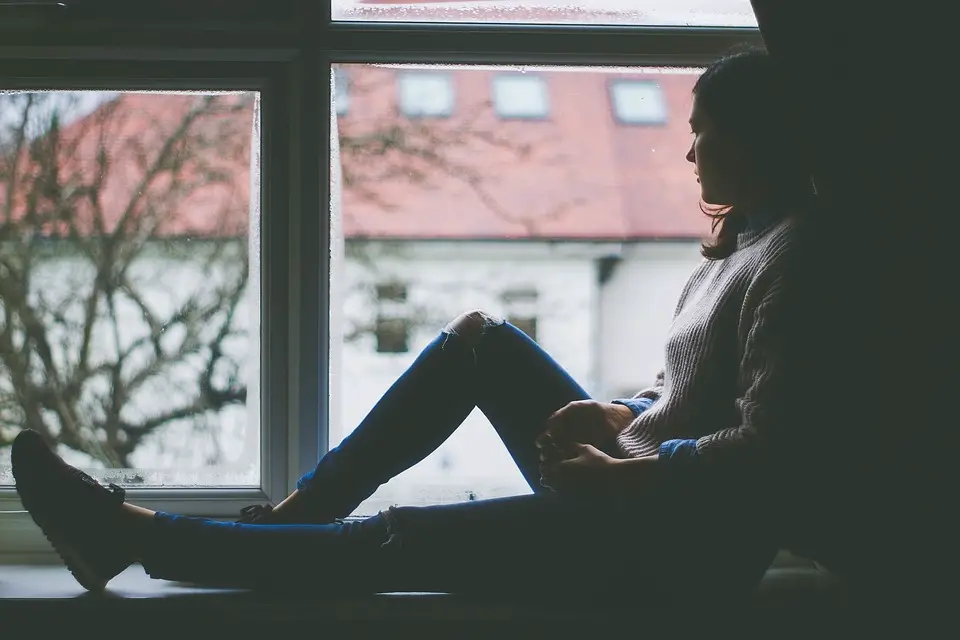As Poslovni Dnevnik writes, Croatian antidepressant and anti-anxiety medication consumption is on the up, and given the unprecedented and unstable situation we’ve been put in for the last two years, it shouldn’t come as a surprise to anyone.
“Given the situation over the last year or two, it’s no wonder that there’s been have a greater need for antidepressants and other drugs used for the treatment of mental illness. These are drugs that have the potential for addiction, so it’s always necessary to be careful when using them,” warned Toni Vidovic from the City Pharmacy Zagreb for Nova TV.
About 204 million kuna went to both groups last year, and at the same time, a total of 8.4 billion kuna was spent on medicines in the Republic of Croatia as a whole.
“So far, the data for 2020 doesn’t really indicate that there would be any abuse of this sort of medication,” said Ivana Sipic-Gavrilovic from HALMED.
While Croatian antidepressant consumption is growing, indicating a problem with the population’s state of mental health, the consumption of cannabis and cocaine is also growing, which points to a very serious issue of drug abuse indeed.
“There’s been an increase in cannabis consumption, cocaine has made a real comeback in recent years and is the ”number two” drug on the European market at this moment in time. Heroin is still very much around too, with some opiate addicts consuming synthetic drugs as well. However, during the coronavirus pandemic, there was a decline in ecstasy consumption,” said Zeljko Petkovic, Assistant Director of the Croatian Institute of Public Health for the Suppression of Drug Abuse.
The drop in ecstacy consumption isn’t really a shock, especially when taking into account that drugs such as ecstacy and MDMA are often sold and taken by those going to nightclubs, which were heavily hit by lockdowns and restrictions throughout 2020 and into 2021.
“Last year, more than 220 tonnes of cocaine were seized at the entrance to the European Union (EU). Balkan drug cartels are involved in this drug’s distribution and, of course, such goods always find their way here,” Petkovic added.
“Arrivals at Zagreb’s Vrapce Psychiatric Clinic increased by 20 percent”
The consequences of coexistence with the novel coronavirus, the restrictions and economic uncertainty were also felt in the largest and oldest Croatian psychiatric clinic. Medical help for mental illness is being sought much more than before the coronavirus crisis struck – both in younger people and in adults, regardless of their age.
“The number of visits to our outpatient treatment systems has increased by 20 percent. In the hospital itself, it hasn’t been so high. In that sense, we had an increase in the number of those people who have never been treated for psychological issues before,” said Dr. sc. Petrana Brecic, the director of the Vrapce Psychiatric Clinic in Zagreb.
”Everything that didn’t bother these people before is now a source of dissatisfaction. People have become very frustrated, scared, they’re lose strengthing, will and energy. This is too difficult a crisis for us and we’re constantly thinking – what are we going to do, how we will do it, how will things be? It’s completely normal on a cognitive level, but we’re emotionally exhausted,” concluded Brecic.
For more, make sure to follow our lifestyle section.










